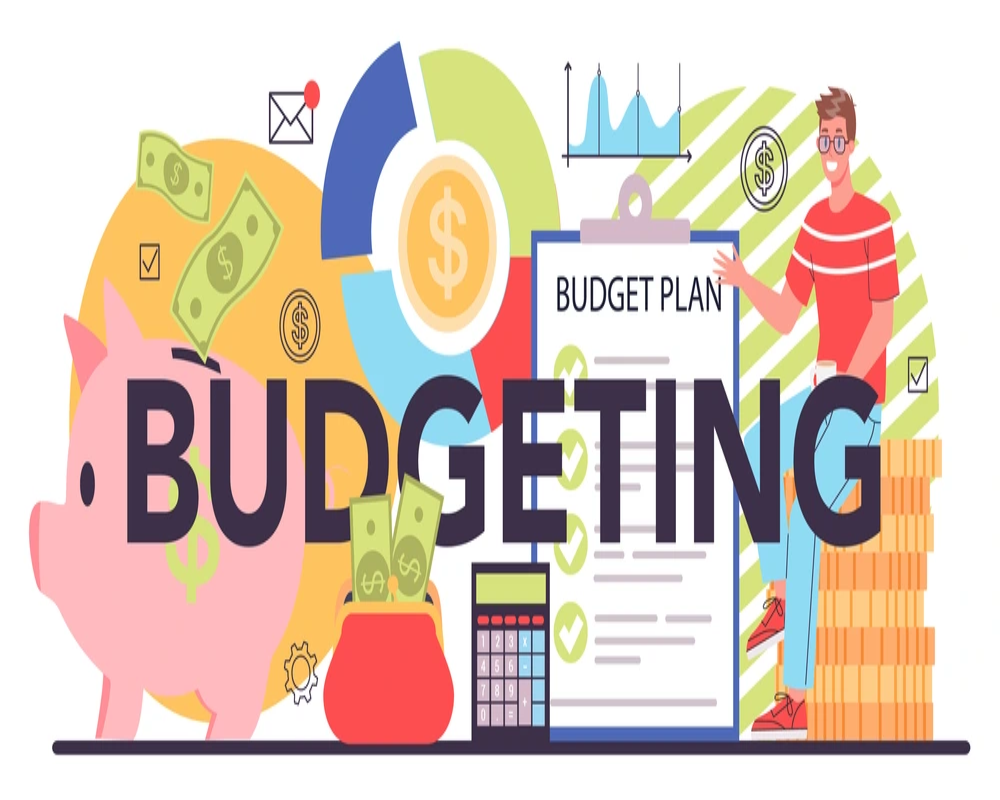Establish Budgeting for Land Development Activities
Introduction
Budgeting for land development is a critical component of project planning that involves forecasting, allocating, and managing financial resources required to transform raw land into a usable and functional site. Whether for industrial, commercial, or residential purposes, land development encompasses a broad range of activities including site preparation, utility installation, infrastructure building, and regulatory compliance. An accurate and detailed budget ensures that development proceeds smoothly, avoids cost overruns, and aligns with project timelines. This article outlines the major budgeting categories and financial considerations involved in effective land development planning.
1. Land Acquisition Cost
The first and most fundamental cost in any land development budget is the acquisition of the land itself. This includes the purchase price, stamp duty, registration fees, brokerage charges, and legal due diligence costs. These must be clearly documented and allocated to establish a financial baseline for the project.
2. Site Surveying and Soil Testing
Before any development begins, land surveys and geotechnical investigations must be conducted. These costs cover boundary marking, topographic mapping, and soil analysis to assess ground conditions. The results influence foundation design and earthwork requirements, making this a vital budget item.
3. Land Clearing and Grading
Clearing vegetation, removing debris, demolishing old structures, and leveling the land are part of initial site work. These activities ensure the land is construction-ready and may involve heavy machinery, labor, and disposal expenses—all of which should be included in the development budget.
4. Excavation and Earthwork
Excavation is required for foundations, underground utilities, stormwater systems, and roads. Earthwork costs vary based on site conditions, cut-and-fill requirements, and the volume of material to be moved. Accurate volume estimation ensures proper financial allocation.
5. Utility Installation and Infrastructure
Provision of electricity, water, sewage, gas, and internet infrastructure forms a significant portion of land development costs. The budget must cover both external connection fees and internal distribution systems, including trenches, cabling, piping, meters, and transformers.
6. Road and Access Construction
Internal road networks, parking lots, driveways, and entry/exit points are essential for access and logistics. These require planning for base layers, surfacing materials, drainage channels, and road markings. The budget must consider pavement type, area coverage, and quality specifications.
7. Drainage and Stormwater Management
Effective drainage systems prevent flooding and waterlogging. Budgeting should account for installation of culverts, retention ponds, underground drainage pipes, and slope grading. Environmental impact assessments may also introduce additional design and compliance costs.
8. Zoning and Permitting Fees
Obtaining zoning approvals, building permits, environmental clearances, and fire safety NOCs often involves government fees, consultant charges, and administrative expenses. These are mandatory expenditures and should be anticipated early in the budgeting process.
9. Environmental Remediation (if needed)
If the site has contamination or legacy industrial waste, remediation becomes necessary. This may involve soil replacement, chemical treatment, or site containment—all of which are expensive and must be factored into the preliminary development budget.
10. Security and Fencing
Perimeter fencing, entry gates, surveillance cameras, and guard rooms enhance security and regulate site access. These are especially important in industrial zones and must be accounted for in budgeting to ensure the site remains protected during and after development.
11. Landscaping and Site Beautification
While not always a priority in industrial projects, landscaping is often required for erosion control, regulatory compliance, or aesthetic improvement. Budgeting should include tree planting, lawn development, paving, and green buffers as required.
12. Consultant and Professional Fees
Architects, engineers, urban planners, environmental consultants, and project managers contribute significantly to land development. Their fees, whether fixed or percentage-based, should be explicitly included to ensure technical support throughout the project lifecycle.
13. Contingency Provision
Unforeseen issues such as soil instability, permit delays, price inflation, or weather disruptions can impact costs. A contingency of 5% to 15% of the total development budget is commonly included to accommodate such unexpected expenses.
14. Taxes and Statutory Charges
Development projects are subject to multiple statutory levies, including GST, infrastructure development charges, labor cess, and development fees imposed by local authorities. These taxes must be estimated accurately and integrated into the overall budget.
15. Financing and Interest Costs
If the project is financed through loans or investment funding, interest payments, arrangement fees, and financial service charges form part of the budgeting process. Delays in construction can increase interest costs, making financial scheduling a crucial factor.
Conclusion
Budgeting for land development activities requires a meticulous and strategic approach that encompasses all direct and indirect cost components. From land acquisition and utility installations to environmental compliance and professional services, every expenditure must be forecasted and tracked to ensure financial discipline. A comprehensive budget not only supports smooth project execution but also enhances investor confidence, reduces financial risk, and ensures timely completion. By establishing a clear and realistic development budget, stakeholders can turn raw land into a valuable, productive, and fully compliant asset ready for construction or operational use.
Hashtags
#LandDevelopment #Budgeting #RealEstate #FinancialPlanning #ProjectManagement #ConstructionBudget #UrbanPlanning #InvestmentStrategy #PropertyDevelopment #CostEstimation #LandUse #SustainableDevelopment #EconomicGrowth #SiteDevelopment #FinancialAnalysis #DevelopmentProjects #ResourceManagement #PlanningAndZoning #ConstructionFinance #LandInvestment


